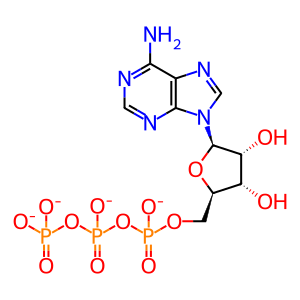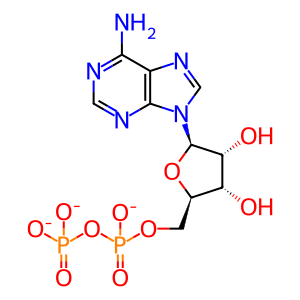Reaction: PKC-delta phosphorylates CARD9
- in pathway: CLEC7A (Dectin-1) signaling
Activation of NF-kB signaling is a critical event downstream of CLEC7A (Dectin-1), CLEC6A (Dectin-2) (Bi et al. 2010) and CLEC4E (Mincle) (Yamasaki et al. 2008), requiring the adapter protein Caspase recruitment domain (CARD)-containing protein 9 (CARD9) in dendritic cells and in macrophages (Gross et al. 2006, Hara et al. 2007). CARD9 is analogous to CARD-containing MAGUK protein 1 (CARMA1), which mediates T-cell receptor (TCR) activation of NF-kB in lymphocytes. CARD9 is downstream of SYK and becomes phosphorylated by PRKCD (Protein kinase C-delta) phosphorylates CARD9 on Thr-231 (T231), which is required for the signal-induced association of CARD9 with B-cell lymphoma 10 (BCL10) and Mucosa-associated lymphoid tissue 1 (MALT1) and the subsequent recruitment of MAP3K transforming growth factor beta activated kinase 1 (TAK1), leading to activation of the NF-kB pathway (Strasser et al. 2012). A homozygous loss-of-function mutation in human CARD9 results in a premature termination codon (Gln295*). Patients with this mutation are highly susceptible to fungal infections (Glocker et al. 2009).
Reaction - small molecule participants:
ADP [cytosol]
ATP [cytosol]
Reactome.org reaction link: R-HSA-5607740
======
Reaction input - small molecules:
ATP(4-)
Reaction output - small molecules:
ADP(3-)
Reactome.org link: R-HSA-5607740


